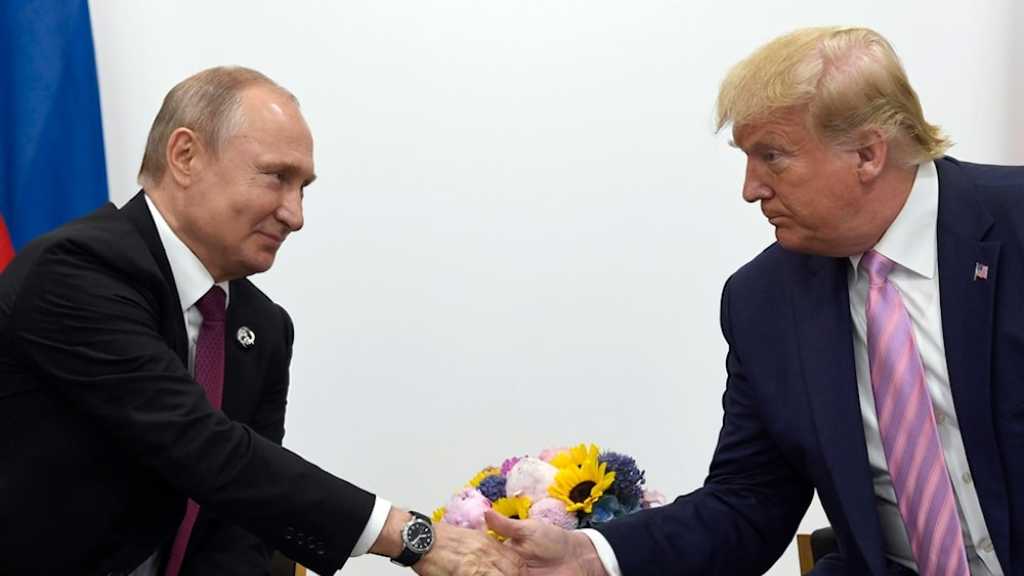War in Iraq wrong for 62% of Americans

Source: angus-reid.com, 13-04-2006
According to a poll by CBS News and the New York Times, many adults in the United States regret their government's decision to launch the coalition effort. 62 per cent of respondents think the U.S. should have stayed out of Iraq.
The coalition effort against Saddam Hussein's regime was launched in March 2003. At least 4,031 American soldiers have died during the military operation, and 29,600 troops have been wounded in action.
In December 2005, Iraqi voters renewed their National Assembly. In May 2006, Shiite United Iraqi Alliance member Nouri al-Maliki officially took over as prime minister.
In September 2007, commander of the Multi-National Force - Iraq David Petraeus and U.S. ambassador in Iraq Ryan Crocker provided a comprehensive assessment of the situation in Iraq to the U.S. Congress. In addition, U.S. president George W. Bush said U.S. forces in Iraq would be reduced by 5,700 troops in December. After July 2008, all troop withdrawals from Iraq will be suspended.
On Apr. 8, Arizona senator John McCain-the presumptive presidential nominee for the Republican Party in this year's United States election-discussed his views on Iraq, saying, ""I do not believe that anyone should make promises as a candidate for president that they cannot keep if elected. To promise a withdrawal of our forces from Iraq, regardless of the calamitous consequences to the Iraqi people, our most vital interests and the future of the Middle East, is the height of irresponsibility."
Polling Data
Looking back, do you think the United States did the right thing in taking military action against Iraq, or should the U.S. have stayed out?
According to a poll by CBS News and the New York Times, many adults in the United States regret their government's decision to launch the coalition effort. 62 per cent of respondents think the U.S. should have stayed out of Iraq.
The coalition effort against Saddam Hussein's regime was launched in March 2003. At least 4,031 American soldiers have died during the military operation, and 29,600 troops have been wounded in action.
In December 2005, Iraqi voters renewed their National Assembly. In May 2006, Shiite United Iraqi Alliance member Nouri al-Maliki officially took over as prime minister.
In September 2007, commander of the Multi-National Force - Iraq David Petraeus and U.S. ambassador in Iraq Ryan Crocker provided a comprehensive assessment of the situation in Iraq to the U.S. Congress. In addition, U.S. president George W. Bush said U.S. forces in Iraq would be reduced by 5,700 troops in December. After July 2008, all troop withdrawals from Iraq will be suspended.
On Apr. 8, Arizona senator John McCain-the presumptive presidential nominee for the Republican Party in this year's United States election-discussed his views on Iraq, saying, ""I do not believe that anyone should make promises as a candidate for president that they cannot keep if elected. To promise a withdrawal of our forces from Iraq, regardless of the calamitous consequences to the Iraqi people, our most vital interests and the future of the Middle East, is the height of irresponsibility."
Polling Data
Looking back, do you think the United States did the right thing in taking military action against Iraq, or should the U.S. have stayed out?
|
Apr. 2008 |
Mar. 2008 |
Feb. 2008 |
|
|
Right thing |
34% |
36% |
38% |
|
Stayed out |
62% |
59% |
58% |
|
Unsure |
4% |
5% |
4% |
- Related News

Kremlin: No Preparations Yet for Trump-Putin Meeting
3 months ago


